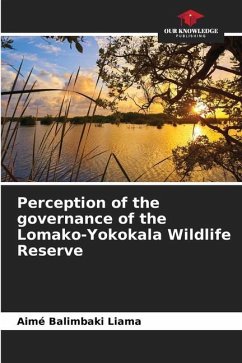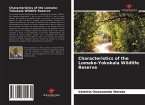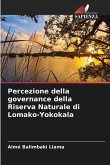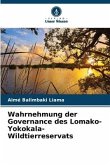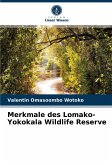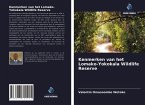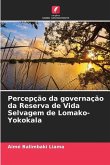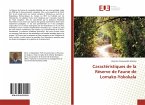This study is a contribution to the implementation of a strategy that could lead to an inclusive and sustainable management of the natural resources of the Lomako-Yokokala Wildlife Reserve (RFLY). Indeed, although the ministerial decree creating this Reserve specifies in its article 5 that 'the RFLY will also be managed in such a way as to contribute to the socio-economic development of the riparian populations...', the Congolese Institute for Nature Conservation (ICCN) is struggling, despite the implementation of its management plan, to provide satisfactory management results for several stakeholders linked to this State reserve, in particular the riparian population. The systemic and participatory approach followed in this study considered several aspects of governance. It involved all the actors concerned, namely the population, managers, scientists and decision-makers. The study showed that governance problems are acute in this Reserve. The local communities perceive the governance of this protected area as a subjection to the withholding of natural resources by the public authorities.
Bitte wählen Sie Ihr Anliegen aus.
Rechnungen
Retourenschein anfordern
Bestellstatus
Storno

